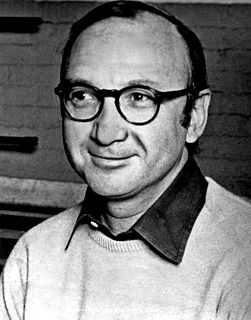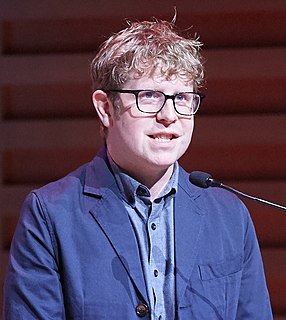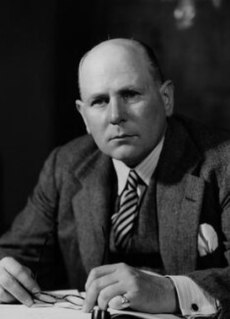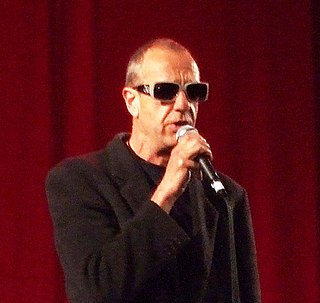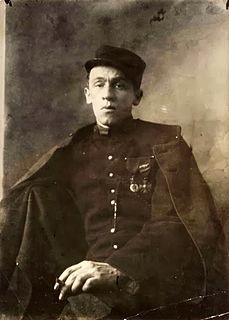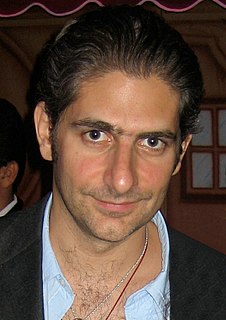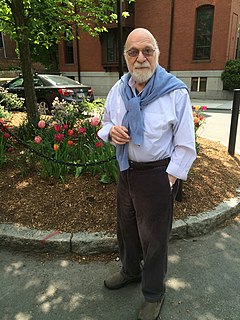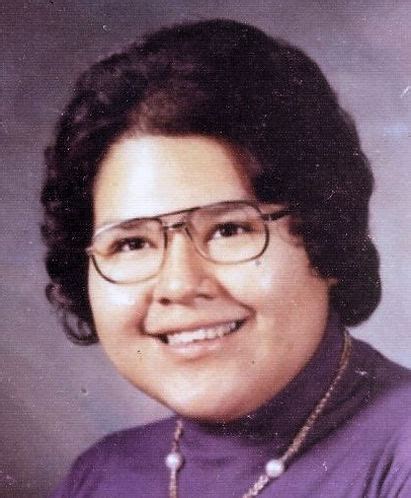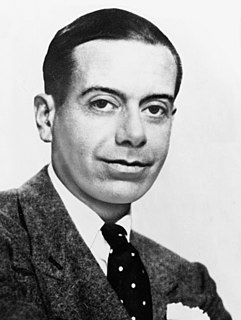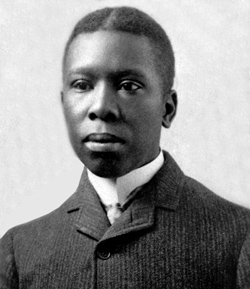Top 1200 Prose Writing Quotes & Sayings - Page 2
Explore popular Prose Writing quotes.
Last updated on April 21, 2025.
I'm often a little perplexed, when I read a review of a book, by the quotes that are pulled out as evidence of excellent prose. I don't think great novels are necessarily composed of great prose, or that there's a correlation between beautiful prose and the quality of a work of fiction. A really good, interesting novel will often let a little ugliness get into its words - to create a certain effect, to leave the reader with a certain sense of disorientation.
For me a page of good prose is where one hears the rain. A page of good prose is when one hears the noise of battle.... A page of good prose seems to me the most serious dialogue that well-informed and intelligent men and women carry on today in their endeavor to make sure that the fires of this planet burn peaceably.
What a lumbering poor vehicle prose is for the conveying of a great thought! ... Prose wanders around with a lantern & laboriously schedules & verifies the details & particulars of a valley & its frame of crags & peaks, then Poetry comes, & lays bare the whole landscape with a single splendid flash.
Poetry is the most direct and simple means of expressing oneself in words: the most primitive nations have poetry, but only quitewell developed civilizations can produce good prose. So don't think of poetry as a perverse and unnatural way of distorting ordinary prose statements: prose is a much less natural way of speaking than poetry is. If you listen to small children, and to the amount of chanting and singsong in their speech, you'll see what I mean.
I think of my success as a kind of fluke. How else could I possibly think of it? And although it's a banal thing to say, I wrote my book because I was writing my book. At first I didn't know I was writing it, and one of the amazing things that happened as I was putting sentences down on paper is that some of the things that are most sacred and important to me rose to the surface of the prose.
If a writer of prose knows enough about what he is writing about he may omit things that he knows and the reader, if the writer is writing truly enough, will have a feeling of those things as strongly as though the writer had stated them. The dignity of movement of an iceberg is due to only one-eighth of it being above water. A writer who omits things because he does not know them only makes hollow places in his writing.
Unlike prose writing, the strange process of writing with pictures encourages associations and recollections to accumulate literally in front of your eyes; people, places, and events appear out of nowhere. Doors open into rooms remembered from childhood, faces form into dead relatives, and distant loves appear, almost magically, on the page- all deceptively manageable, visceral, the combinations sometimes even revelatory.
When I'm writing comics, I'm also visualizing how the story will look on the page - not even always art-wise, but panel-wise, like how a moment will be enhanced dramatically by simply turning a page and getting a reveal. It requires thinking about story in a way I never had to consider when I was writing prose.
Pace is crucial. Fine writing isn't enough. Writing students can be great at producing a single page of well-crafted prose; what they sometimes lack is the ability to take the reader on a journey, with all the changes of terrain, speed and mood that a long journey involves. Again, I find that looking at films can help. Most novels will want to move close, linger, move back, move on, in pretty cinematic ways.




